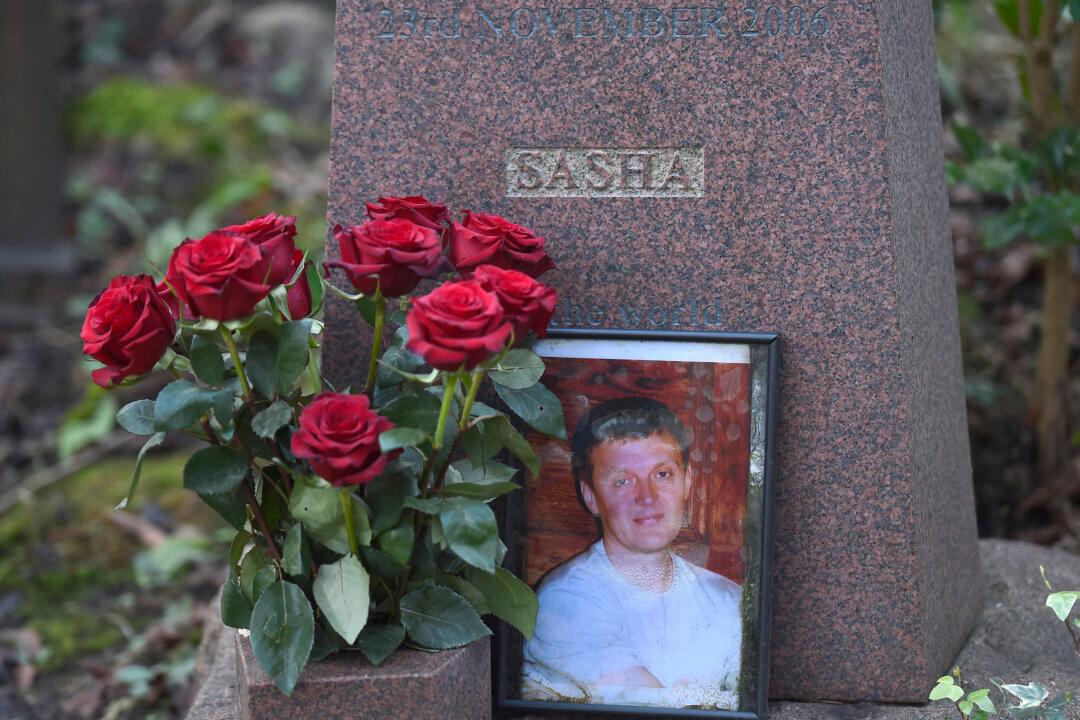Russia was responsible for the 2006 assassination of ex-KGB officer Alexander Litvinenko in London, the European Court of Human Rights (ECHR) has found.
Former Russian spy Litvinenko, who had become an outspoken critic of Russian President Vladimir Putin and had defected to Britain, died after being poisoned with a rare radioactive substance in London in 2006.





